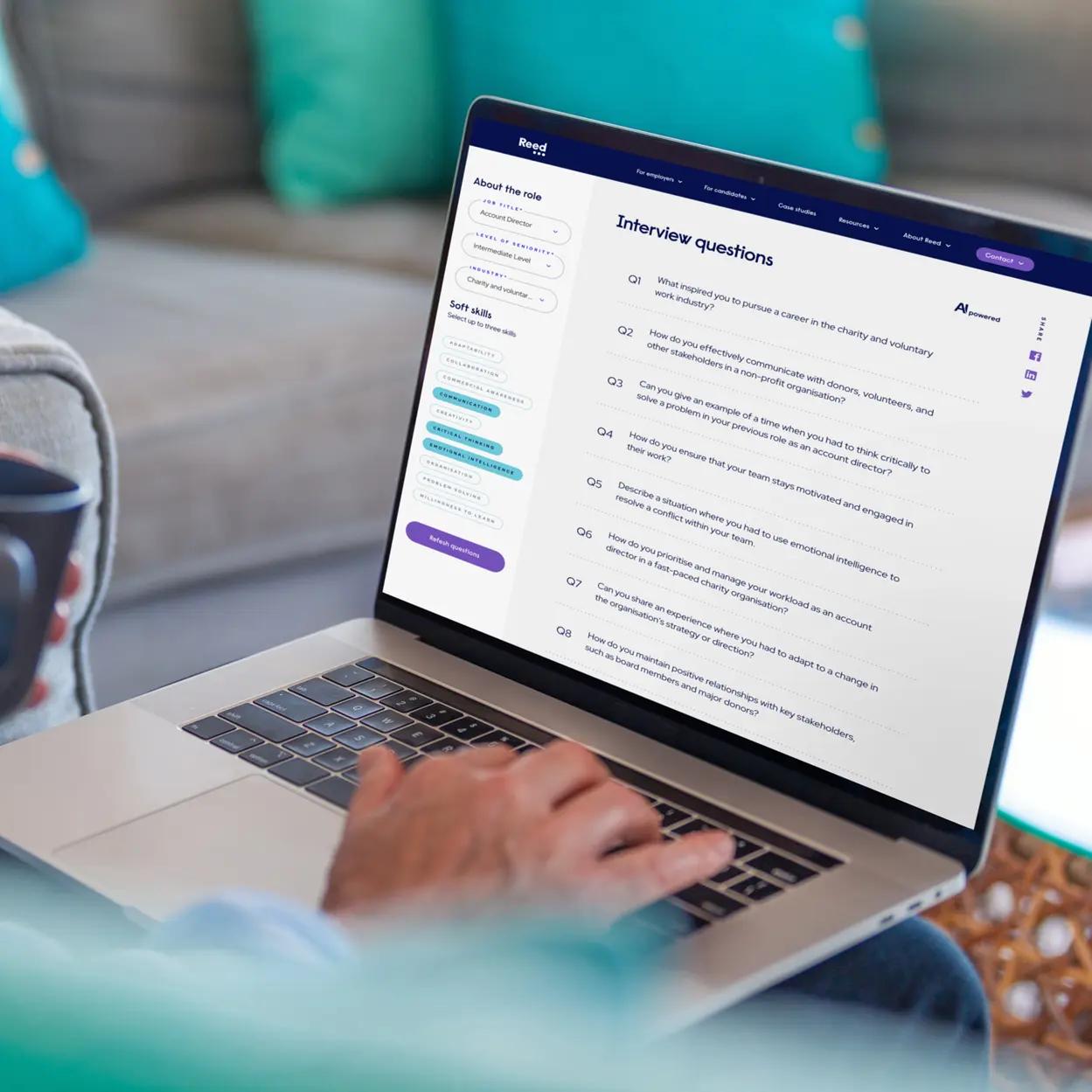With nurseries, private schools and sixth forms also being told to follow the guidance to close, many teachers may be asked to work from home during this crisis, especially as class sizes shrink. While it’s an opportunistic time to update lesson plans, we’ve included some tips for those who are looking to teach from home.
Teaching ideas
Creating resources that children can access from home is a way to bring the school to them. Interactive activities they can do online, using free systems such as Twinkl, are useful for creating lesson plans, assessments, and other teaching resources and ideas for children and teachers at home.
Twinkl has the added benefit of including resources for Key Stage 1 and 2 in primary schools, and for maths, English and science in secondary schools. It also suggests ways parents can support their child’s learning too.
Remote learning
It’s becoming clear that technology will be essential for teachers while the pandemic continues. The biggest benefit is that there are many different options to choose from to allow you to continue teaching.
Several schools have implemented, or are considering, remote learning tools to support them during the coronavirus crisis. Google Classroom is a great tool that allows you to communicate with students and conduct your lesson almost as well as in person. Covid-19 has led schools to consider incorporating this technology into their everyday teaching style over the next few months, as the virus spread is likely to have an impact for a while.
Parents would need to ensure that their children had access to the right technology, which may become a problem for some families. However, using a local library could be a good alternative if they don’t have their own internet or computer access at home. Most libraries will have private study rooms that can be booked in advance for individuals or groups to use, which would help them avoid contact with others.
Classroom rules
The onus for managing your students would fall mostly on parents, as there are some limitations for not being able to teach in person, such as discipline. Ideally, parents would stay with their children to ensure they’re doing the work they’ve been given, however, parents may need to do their own work, so this may not always be possible.
Instead, the best teachers will have systems in place for monitoring the children they are teaching from home. While students are likely to be excited given the change in environment, it’s important they engage throughout the sessions.
For instance, if you do conduct online lessons, asking all students to reply with answers to questions is a great way to ensure they are staying on track. This could be through group chats, by responding to a poll, or you could use other online tools to make it interactive. One suggestion is the website Kahoot!, where anyone can create an interactive quiz for free, which can then be hosted live or shared with remote players with a special PIN.
Ultimately, communication is key. Messages with families by the school can be sent via email, texts, or the online school newsletter. Many schools will have all these means of communication set up already – any school closures or class cancellations can be managed using these existing tools.
Similarly, stay in contact with your fellow teachers, and school too, so you can support each other during this time, as well as share other great tools and tips they might be using.
Exams
As of 18 March 2020, the government has confirmed that GCSEs and A-Levels in England and Wales are cancelled, as well as other exams including SATs for primary school pupils aged seven and 11.
Education secretary Gavin Williamson has stated that there will be a “different process and a different system” to award grades to children in England and Wales for this academic year, and there will be no published performance tables. There is no confirmation for when these results may be released, as it’s currently unknown how the spread of the virus may affect examination boards and those who issue grades. However, currently it looks like the results may be based on teacher assessment.
There are so many platforms teachers can use to support their children from a distance, as universities have been doing for years. In the long term, it could even mean you have more resources as a teacher to use in the future when it comes to getting creative with lesson planning and teaching.
Reed's education specialists can support you if your school is looking for qualified teachers, or if you’re looking to progress in your teaching career. Find your nearest Reed office.



